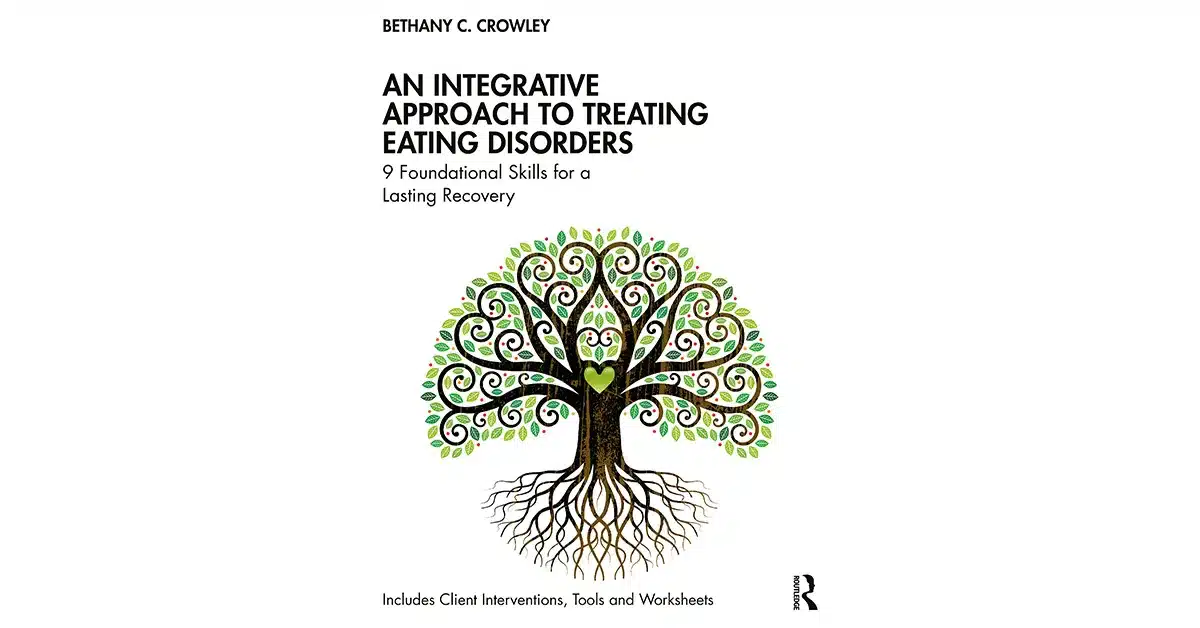Maladaptive eating behaviors can be tough to eliminate because not only is it functional—it is highly effective. Disordered eating behaviors help, numb, distract, suppress, and cope through negative effects and emotional discomfort. Individuals regulate their emotions by re-directing them towards their bodies. Let’s take a look at some examples of how these maladaptive coping behaviors function when used to regulate negative emotions.
Emotional Eating/ Binging: “When I’m eating, I tune everything out. At first, I’m excited to eat. And then by the end of it, I’m not thinking about anything except how physically full and uncomfortable I feel. Then I’m like why did I do that?” (Self-soothing and Distraction)
Restricting Food: “When there are hard emotions, I immediately feel like I have a stomachache. I feel nauseated and feel so full. I don’t want to eat. Other times, I may just not want to feel anymore and I just want to disconnect from feeling anything.” (Numbing, Controlling, Disconnecting).`
Purging (Self-induced Vomiting, laxative use): “It feels so gross in my body. I need to get rid of whatever I’m feeling. I can feel dirty or messy and or just bad. I need to get rid of the grossness in my body. (Controlling, and releasing)
Compulsive Overexercising: “When I run for miles, it helps me not to think or feel anything. (Distraction, disconnecting, releasing)
Diet Pills or fasting: “It just helps me to feel like I’m doing something to control my weight and I can feel less anxious” (Controlling, and disconnecting)
Chew spitting: “I can get rid of whatever I’m not okay with I eat it, but I feel better because I can also spit it out.” (Controlling, self-soothing)
Rumination: “I bring up the food and chew again and swallow. I don’t even know when I’m doing it anymore. I know it sounds gross, but it’s calming me and soothes me.” (Calming, self-soothing)
Body Checking: “When things feel really uncomfortable, like when I have doubt about something, rubbing my collar bone, or my hip bone lets me know I’m okay” (Self-soothing, controlling, and calming.)
The Eating Disorder Voice: “Sometimes just paying attention to the voice helps me calm all other thoughts. Just tuning into the voice can help me feel better because it can sound supportive and helps distracts me from what’s going on, like it says, at least you can diet, or just don’t eat, you’ll feel better. I feel like I’m not alone and it’s a supportive friend, but other times it can get me back on track by yelling at me. The voice says, “stop being so sensitive and get over it. (soothing, calming, empowering).”
It is important to explore feelings and to practice awareness about the function behind these behaviors.
Keep Reading
Want more? Here are some other blog posts you might be interested in.








